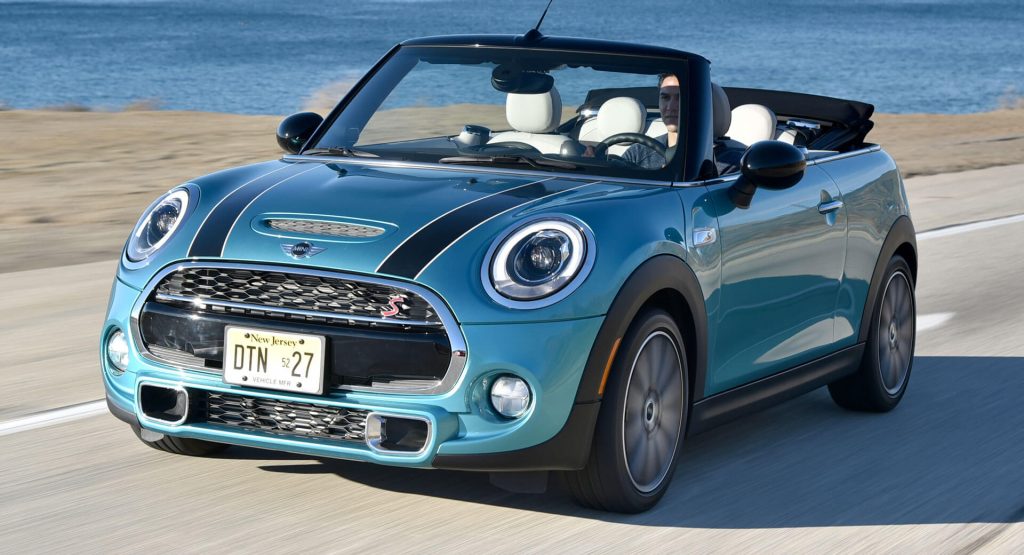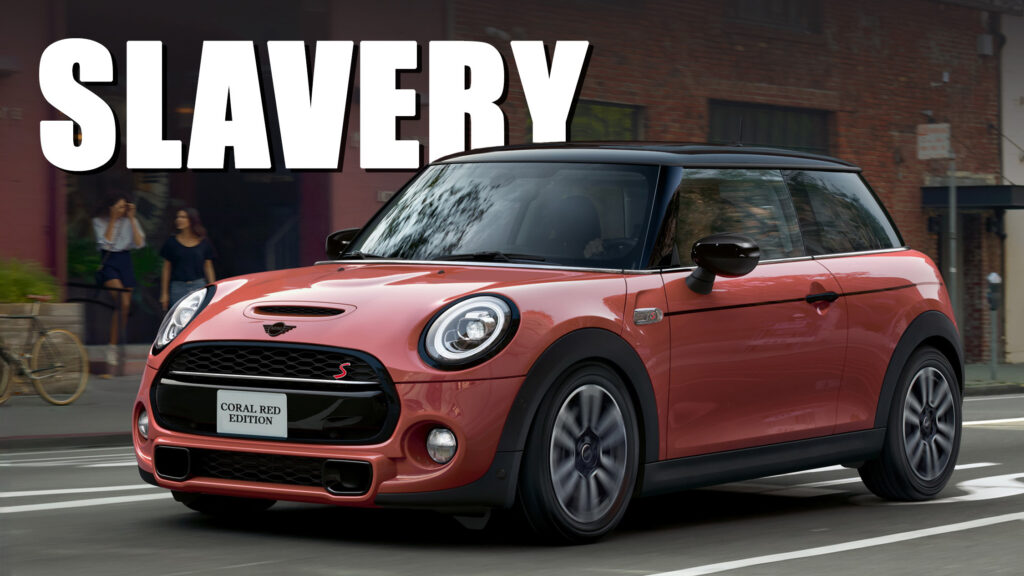- BMW, VW and JLR found to have used Chinese parts from a supplier the U.S. govt says relies on forced labor
- Congressional investigation found BMW and JLR continued to import parts even being informed in writing that they were banned
- LAN transformer components at center of furore are produced in Xinjiang by JWD, and were outlawed in U.S. two years ago
BMW, VW and JLR have been linked to forced labor programs in China by a congressional investigation, which discovered that the automakers were all using Chinese-made parts from a supplier on the U.S. government’s banned list.
The three firms all sold cars in the U.S. which use a LAN transformer communications component produced by Sichuan Jingweida Technology Group, also called JWD, a company claimed to have used forced labor in its production process.
Related: VW Facing Calls To Ditch Chinese Joint Venture Over Forced Labor Concerns
Though none of the automakers bought the parts directly from JWD, instead purchasing them through a Western company, Lear Corp (which claims it bought them from an intermediary), two of the brands continued to use the part even after being informed in writing that their supply chains contained banned products.
While VW responded by making changes to its supply chain, and also informed customs officials that affected cars were inbound, opting to replace the affected components at a U.S. port, BMW seemed less interested in taking action, the committee found. It says BMW ignored the warnings and continued to use the banned parts, importing 8,000 Minis fitted with contraband components after the tip-off.
JWD is based in Xinjiang in the far west of China, a region known for forced labor practices. The Uyghur Forced Labor Prevention Act prevents goods made in in Xinjiang from being imported to the U.S. unless the importer can show that forced labor wasn’t used during production.

The congressional investigation report noted that many automakers continue to use parts manufactured in China and rely on “questionnaires, self-reporting and limited audits” of suppliers to decide whether their goods comply with U.S. laws. It warned that these methods couldn’t be trusted to deliver a true answer, especially since there can be a dozen tiers of suppliers between the automaker and the component.
The investigation also reported that VW has its own production site in Xingjiang, and says that while the automaker claims an audit of the site undertaken by two Shenzhen-based lawyers found no evidence of forced labor, it has never provided a copy of the audit.
In a statement to the New York Times, the chairman of the Senate Finance Committee, Ron Wyden of Oregon, said, “Automakers are sticking their heads in the sand and then swearing they can’t find any forced labor in their supply chains.”
He added that, “Somehow, the Finance Committee’s oversight staff uncovered what multibillion-dollar companies apparently could not: that BMW imported cars, Jaguar Land Rover imported parts, and VW AG manufactured cars that all included components made by a supplier banned for using Uyghur forced labor. Automakers’ self-policing is clearly not doing the job.”




